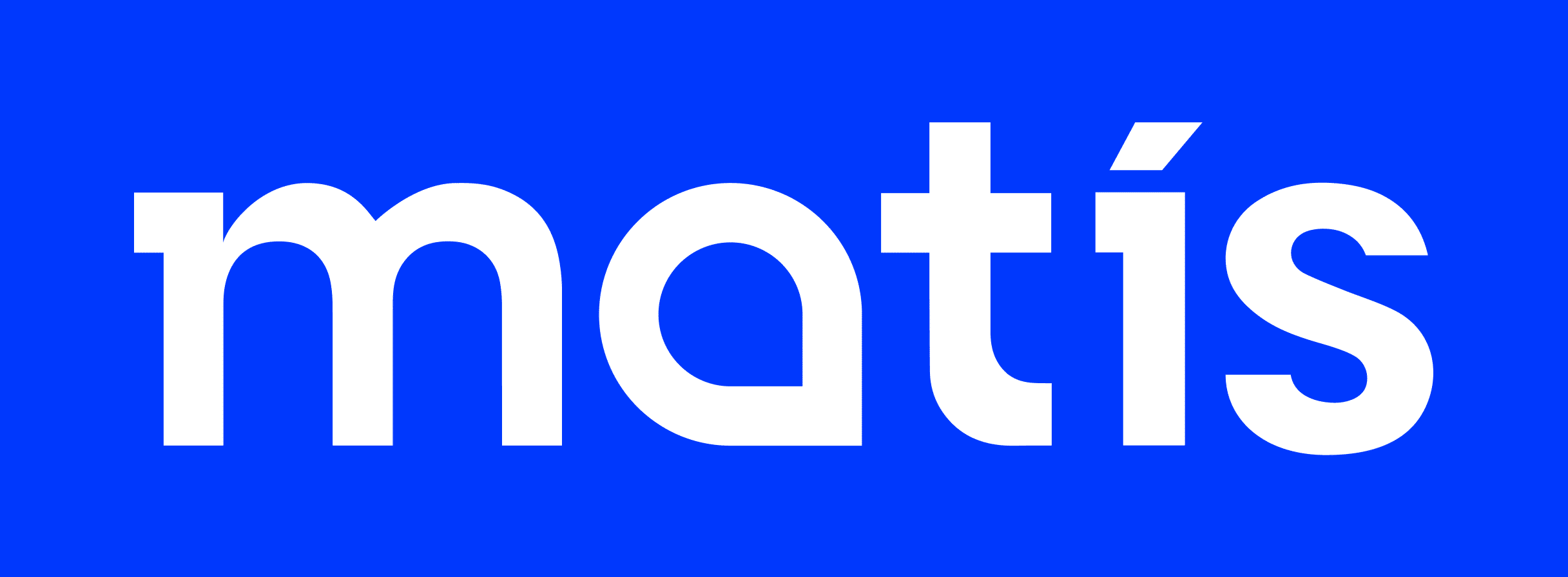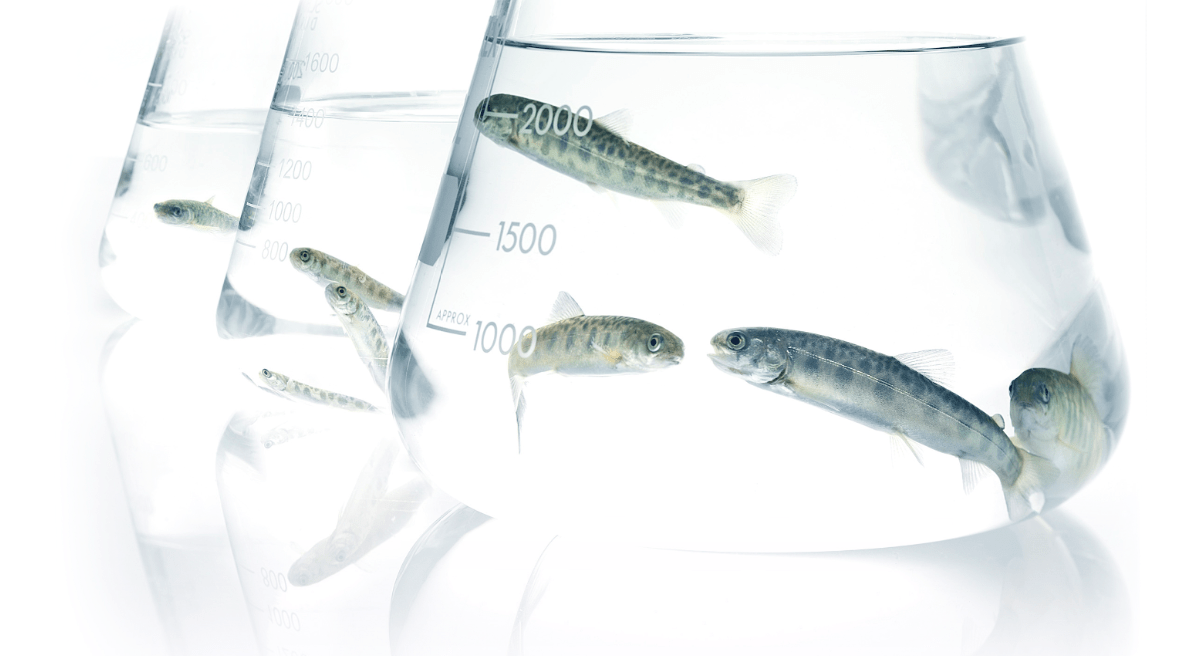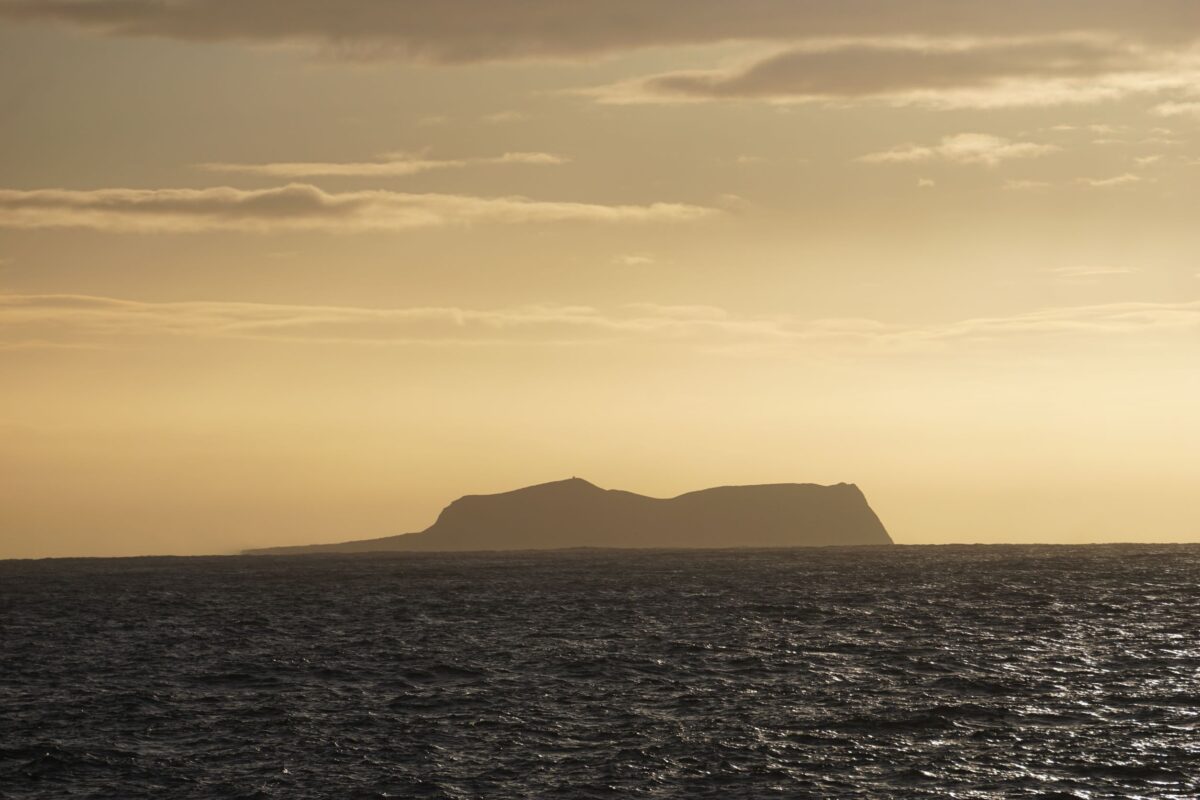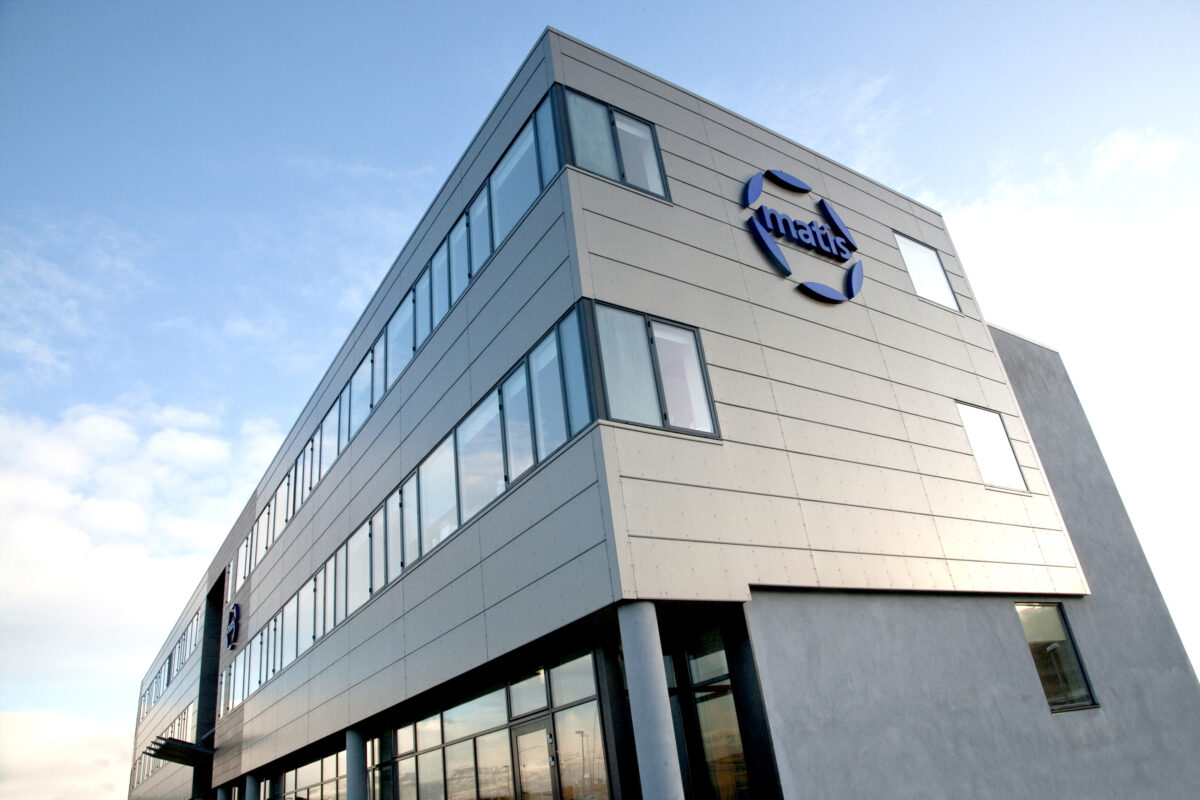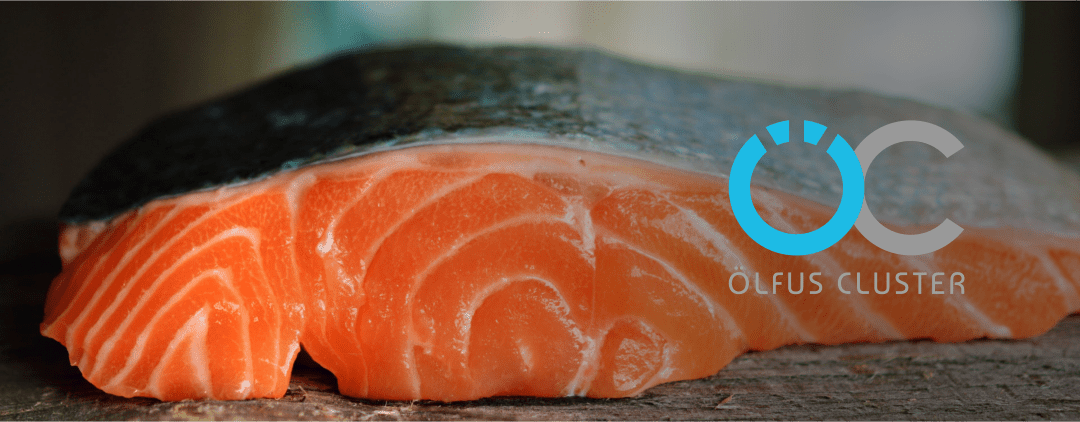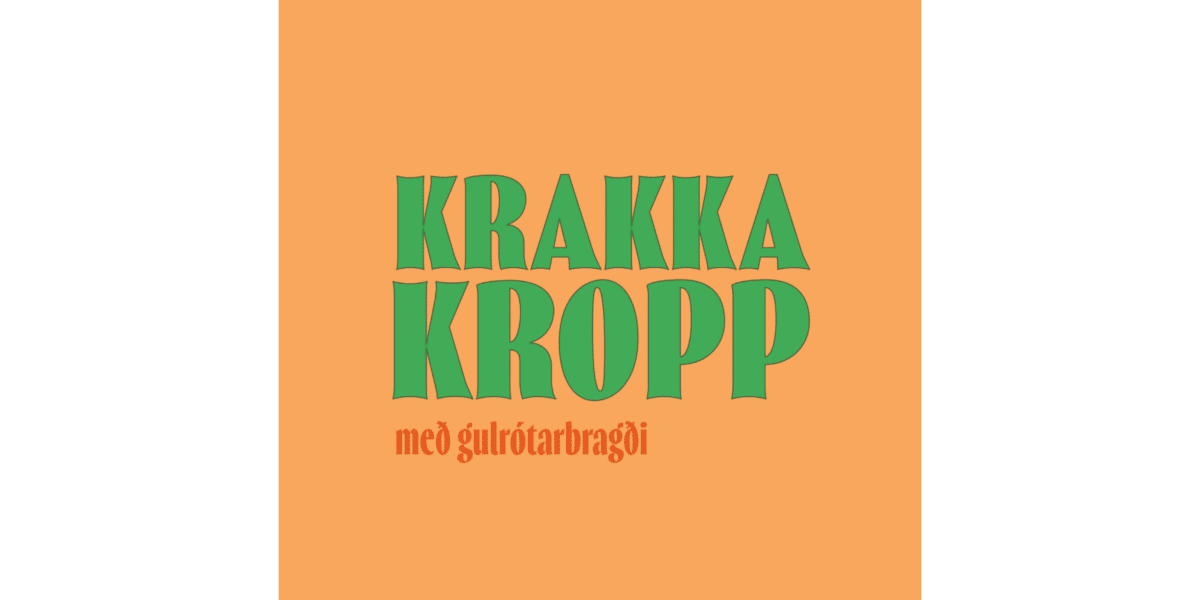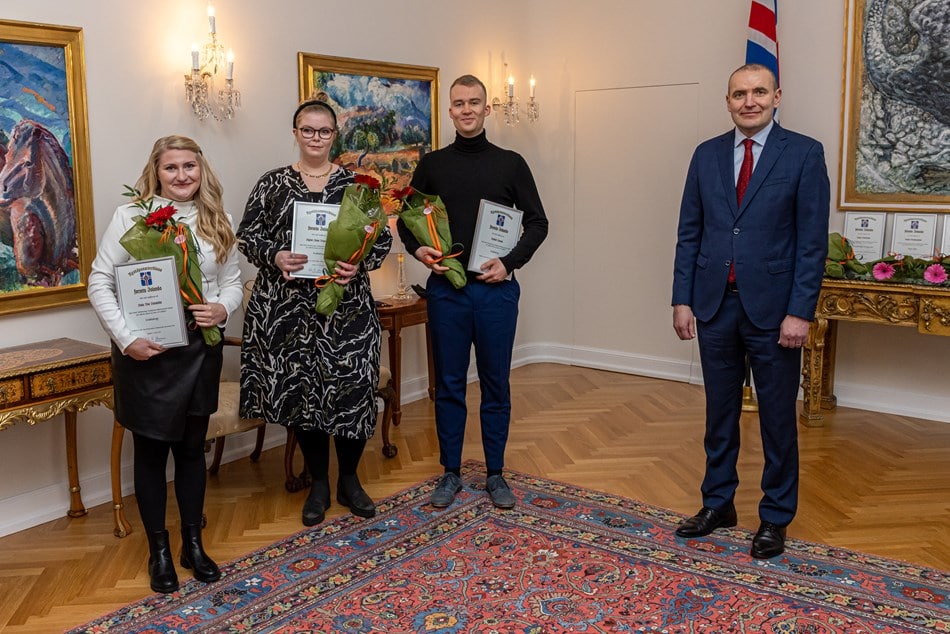How can we increase the supply of food and boost food production without depleting resources in an unsustainable way? How can we use by-products to create value within the life cycle economy? What are the environmental impacts of food?
Matís works systematically to increase sustainability and value creation in food production to strengthen Icelandic products and the economy, and now we are looking for a specialist who can help us answer these questions.
If you have a keen interest and knowledge of sustainability and a desire to be involved in shaping our sustainable food production policy, you may be the right person. The job includes work on innovation and research projects as well as consulting and customer service regarding sustainable food production; environmental impact analysis, carbon footprint, resource utilization within a circular economy to name a few.
In this job you take part in:
- Work on and shape innovative and research projects in the field of sustainable food production
- Analyze the environmental impact of food production; from fisheries and agriculture to insects and algae
- Further shape the company's environmental policy and support its implementation
Competence and experience:
- University education that is useful in work, eg environmental science, resource science, environmental engineering
- Knowledge and experience of concepts and methodologies such as life cycle analysis (LCA), carbon footprint, circular economy
- Good communication skills and willingness to work in a team
- Good command of Icelandic and English, in speech and writing
- Initiative, organized and independent work methods
The employment rate is 100%
The job is without a location, but Matís' offices are in Reykjavík, Neskaupstaður, Vestmannaeyjar, Akureyri and Ísafjörður.
Further information about the job is provided Birgir Örn Smárason, birgir@matis.is.
With reference to Matís' gender equality policy, all genders are encouraged to apply. Applications must be accompanied by a detailed CV and cover letter outlining the applicant's qualifications for the job in question.
The application deadline is March 3, 2022.
//
Sustainable food production and innovation
How can we increase the supply of food and strengthen food production without depleting resources in an unstustainable way? How can we use by-products to create value within the circulareconomy? What are the environmental impacts of food?
Matís works systematically on increasing sustainability and value creation in food production to strengthen Icelandic products and the economy, and now we are looking for a specialist who can help us answer these questions.
If you have a keen interest and knowledge of sustainability and a desire to be involved in shaping our sustainable food production policy, you may be the right person. The job includes work on innovation and research projects as well as consulting and customer service regarding sustainable food production; environmental impact analysis, carbon footprint, resource utilization within a circular economy to name a few.
In this job you will participate in the following:
- Work on and shape innovative and research projects in the field of sustainable food production
- Analyze the environmental impact of food production; from fisheries and agriculture to insects and algae
- Formulate further the company's environmental policy and support its implementation
Competence and experience:
- University degree that is useful for this work, eg environmental science, resource science, environmental engineering
- Knowledge and experience of concepts and methodologies such as life cycle analysis (LCA), carbon footprint, circular economy
- Good communication skills and willingness to work in a team
- Good command English, in speech and writing. Icelandic proficiency is an advantage.
- Initiative, organized and independent work methods
The job is without location, but Matis is located in: Reykjavík, Neskaupstaður, Vestmannaeyjar, Ísafjörður and Akureyri.
For further information, please contact Birgir Örn Smárason, birgir@matis.is
With reference to Matís' gender equality policy, all genders are encouraged to apply. Applications must be accompanied by a detailed CV and a cover letter outlining the applicant's qualifications for the job in question.
The application deadline is 03.03.22
